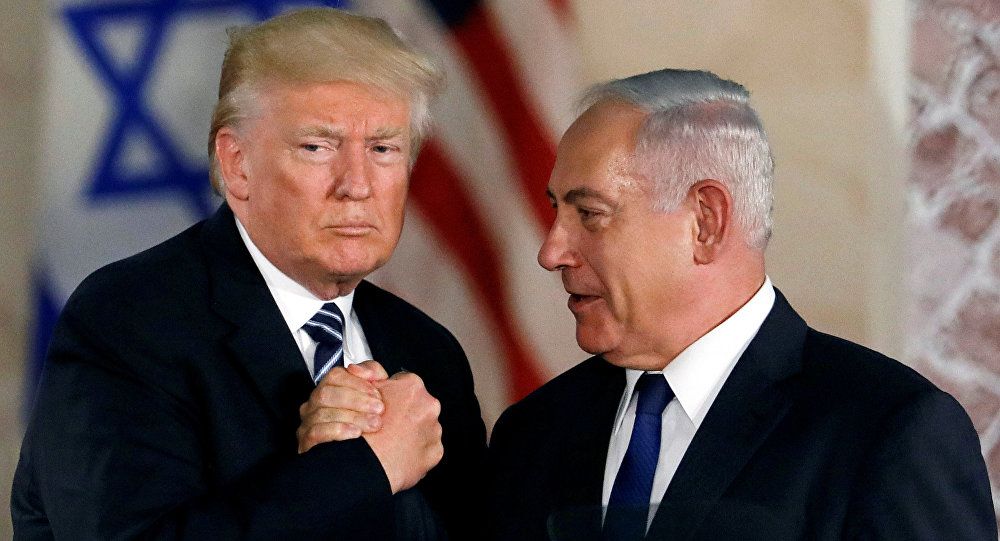So now the world is worried. Condemnations are pouring in after the United States joined Israel in striking Iranian nuclear sites. Suddenly, the chorus for “restraint” and “diplomatic solutions” grows louder across Western capitals. But where was this outcry when Iran was rapidly enriching uranium, aiding terror groups, and issuing death threats against Israel and the United States?
Let’s be clear: the US strike was not an impulsive act of aggression. It was a delayed response to years of unheeded warnings, broken nuclear agreements, and Iranian provocations in plain sight. Iran has long made it clear—through words, proxies, and policies—that its nuclear ambitions are not for peaceful energy use but for tipping the regional balance of power, with Israel’s annihilation as its ultimate goal.
President Donald Trump, fresh from reclaiming the White House with a decisive mandate, did not seek war. In fact, his first diplomatic visit was to Qatar, in a clear bid to calm the region. He extended a rare olive branch, even shaking hands with some of the most controversial Middle Eastern leaders. This was not out of naivety, but a calculated attempt to create space for peace in a volatile region. Critics, including this writer, may have doubted his outreach to terror-linked regimes, but his intent was always to avoid conflict, not invite it.

Iran, however, refused to respond with goodwill. It stonewalled efforts to return to international nuclear oversight, accelerated its uranium enrichment—reportedly reaching 60% purity—and continued to fund and arm militias like Hamas, Hezbollah, and the Houthis. The gruesome October 7 massacre of 240 Israeli civilians attending a music festival near Gaza, orchestrated by Hamas, was not just a terror attack—it was a declaration of war, greenlit by Tehran.
Israel responded, as any sovereign nation would. It launched targeted strikes against Iran’s suspected nuclear facilities, warning that it would not wait for another Holocaust to act. Mossad intelligence had identified sites nearing bomb capabilities. Initially, the US intelligence community hesitated to corroborate the claim—citing the ghosts of Iraq’s WMD debacle—but Trump wasn’t buying the caution. “Stupid,” he reportedly called the briefings, and he wasn’t wrong.

Then came the turning point: Russia’s sudden, very public warning to Israel not to strike certain Iranian nuclear sites. That tipped the scales. Trump understood the geopolitical signal—Russia was not just shielding Iran diplomatically but possibly enabling its nuclear program militarily. With that, Washington acted. US airstrikes joined Israeli efforts to neutralize key nuclear assets in Iran.
Predictably, Iran cried foul. Its foreign minister rushed to Moscow. Khamenei, Iran’s Supreme Leader, vowed to destroy the “Zionist enemy,” while the US doubled down, demanding regime change in Tehran. It is now clear the Biden-era hesitation is over—Trump wants the Ayatollahs gone.

Yet Europe’s sudden concern is laughable. Nations like Germany, France, and the UK—well aware of Iran’s nuclear advances—chose silence for years. They watched as Iran played the West, violated the JCPOA in letter and spirit, and unleashed terror by proxy. Their current calls for peace reek of hypocrisy.
And what of China and Russia? While they publicly urge de-escalation, they know any confrontation with the US could collapse their fragile economies. Russia, already mired in Ukraine, cannot afford a second front. China, knee-deep in domestic economic crises, has no appetite for global economic disruption. Their “alliance” with Iran may be loud, but it’s brittle.
This conflict did not start with the US or Israel. It started with Iran’s refusal to abandon its dream of regional hegemony through nuclear blackmail. The current strikes may be loud and messy, but they are the result of Western appeasement and diplomatic blindness that stretched too long.
If the world truly wants peace, it must begin by holding Iran accountable, not the nations trying to stop a nuclear catastrophe.





